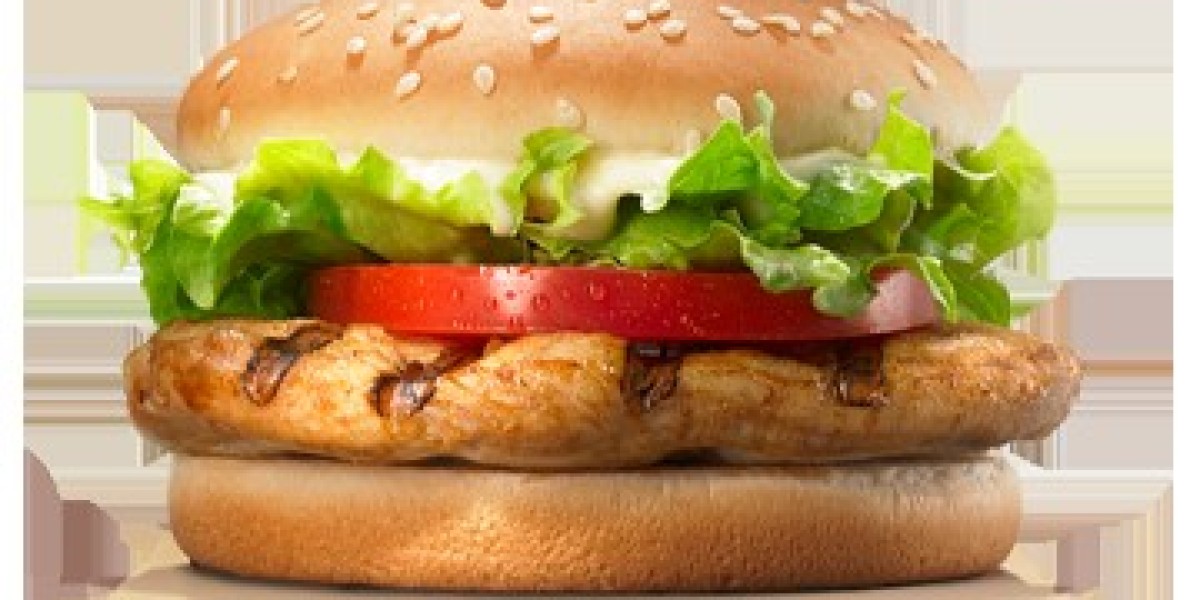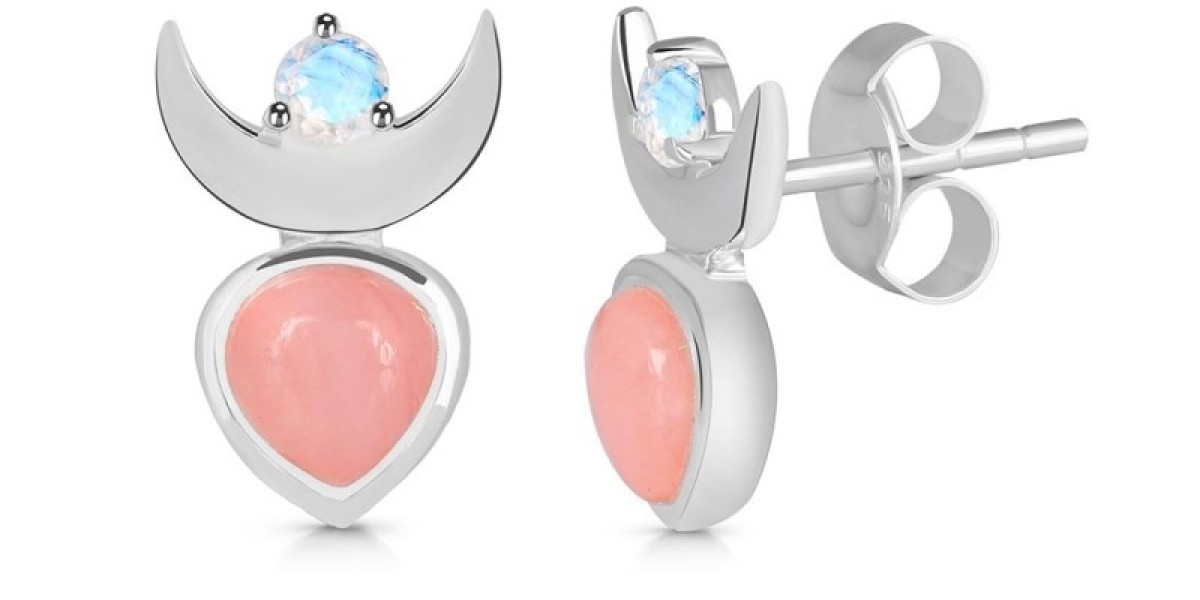Imagine this scenario: it's the middle of the night, and you're suddenly awakened by a sharp, throbbing pain in your mouth. Or perhaps you're enjoying a meal when you feel an agonizing sensation shooting through your teeth. Dental emergencies can strike at any time, leaving you in discomfort and seeking immediate relief.
Unbearable Toothache that Won't Subside
A toothache can range from a mild annoyance to excruciating pain. If you experience a sudden and intense toothache that doesn't go away with over-the-counter pain relievers or home remedies, it's a clear sign that you should contact an emergency dentist. This could be indicative of an underlying issue such as a severe infection or a dental abscess.
Swelling of the Face or Gums
Swelling of the face, gums, or other areas of the mouth should never be ignored. It could be a sign of infection or an abscess, which requires immediate attention. Ignoring such symptoms can lead to the spread of infection and potentially serious health complications.
Knocked-Out Tooth
Accidents happen, and a knocked-out tooth is a common dental emergency. If you act quickly, there's a chance the tooth can be saved. Rinse the tooth gently without removing any attached tissue, and try to place it back in the socket. If that's not possible, store it in milk or a tooth preservation kit while you seek immediate dental care.
Fractured or Cracked Tooth
A cracked or fractured tooth can expose sensitive nerves and lead to intense pain. Depending on the severity of the fracture, you might experience discomfort when chewing, drinking hot or cold beverages, or even breathing through your mouth. An emergency dentist can assess the damage and recommend appropriate treatment, which may include dental bonding or a crown.
Persistent Bleeding After Extraction
If you've had a tooth extracted and the bleeding doesn't seem to stop, you need to consult an emergency dentist. While some bleeding is normal after an extraction, persistent and heavy bleeding could indicate a problem with clotting or another underlying issue.
Lost Dental Filling or Crown
Losing a dental filling or crown can expose the vulnerable interior of your tooth to bacteria and further damage. If this happens, try to keep the area clean and avoid chewing on that side of your mouth. Contact an emergency dentist to have the filling or crown replaced promptly.
Injuries to Soft Tissues
Accidents can lead to cuts, tears, or punctures to your lips, cheeks, tongue, or gums. These injuries can be painful and put you at risk of infection. Rinse your mouth with warm water and apply gentle pressure if there's bleeding. If the bleeding is severe or doesn't stop, seek immediate dental care.
Intense Sensitivity to Hot or Cold
While some tooth sensitivity is normal, sudden and extreme sensitivity to hot or cold temperatures could indicate a more serious problem, such as an infection that has reached the pulp of the tooth. This sensitivity might be accompanied by pain when biting down or applying pressure.
Pus or Pimple on Gums
The presence of pus or a pimple-like bump on your gums could be a sign of an abscess. Dental abscesses are often accompanied by pain, swelling, and an unpleasant taste in your mouth. It's crucial to have an emergency dentist address this issue promptly to prevent the infection from spreading.
Dislodged Tooth
If your tooth has been partially pushed out of its socket due to trauma, seek immediate dental care. A dislodged tooth needs to be repositioned and stabilized as soon as possible to improve the chances of saving it.
Jaw Pain and Clicking
Jaw pain and clicking sounds when you open or close your mouth could be indicative of a temporomandibular joint (TMJ) disorder. This condition can cause discomfort and limit your ability to speak and eat. An emergency dentist can provide guidance and relief for TMJ-related issues.
Lost Orthodontic Appliance
If you wear braces or other orthodontic appliances and something breaks or becomes dislodged, it's important to consult an emergency dentist. Leaving your orthodontic appliance in disarray can hinder progress and even cause harm.
Foul Taste and Persistent Bad Breath
A persistent foul taste in your mouth, along with bad breath that doesn't improve despite regular oral hygiene, could be a sign of an infection or an underlying dental issue. An emergency dentist can diagnose the problem and recommend appropriate treatment.
Sudden Changes in Tooth Color
If you notice a sudden and drastic change in the color of one or more teeth, it could be a sign of a serious problem, such as internal bleeding or nerve damage. Contact an emergency dentist to assess the situation and determine the best course of action.
In conclusion, emergency dentist in etobicoke can be both distressing and painful, but knowing the signs that require immediate attention can make a significant difference in your oral health. If you experience any of these key signs, don't hesitate to seek the services of an emergency dentist to ensure timely and appropriate care.
FAQs (Frequently Asked Questions):
Q: How do I know if my toothache is severe enough for emergency dental care? A: If the toothache is unbearable and not relieved by over-the-counter pain medication, it's best to consult an emergency dentist.
Q: Can a knocked-out tooth be reinserted successfully? A: If you act quickly and handle the tooth properly, there's a chance it can be reinserted successfully. Seek dental care immediately.
Q: What should I do if I have a dislodged tooth due to an injury? A: Keep the tooth moist, either in its socket or in milk, and see an emergency dentist as soon as possible.
Q: Is intense sensitivity to hot or cold always a dental emergency? A: Sudden and extreme sensitivity could indicate an underlying issue, so it's advisable to consult an emergency dentist for evaluation.
Q: How can I avoid dental emergencies? A: Maintaining good oral hygiene, wearing protective gear during physical activities, and avoiding chewing on hard objects can reduce the risk of dental emergencies.







